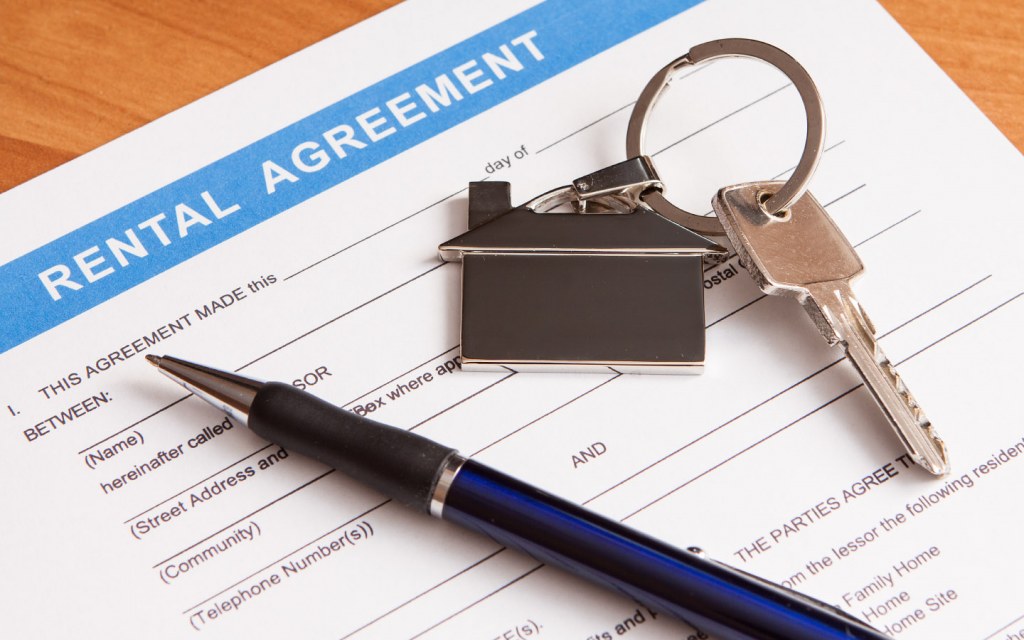Renting out your home can be a great way to generate some extra income or cover your mortgage payments while you’re away. However, before you put up that "For Rent" sign, it’s essential to understand the legal aspects of renting out your property.

In this article, we’ll delve into the key things you need to know to avoid any potential pitfalls and ensure a smooth rental experience for both you and your tenants.
Landlord-Tenant Laws
As a landlord, you’ll be subject to a set of laws that govern your relationship with your tenants. These laws vary from state to state, but they generally cover things like:
- Security deposits: How much you can charge, how you need to store the money, and when you need to return it to the tenant.
- Lease agreements: What needs to be included in the contract, and how long it can last.
- Eviction: The process you need to follow to remove a tenant from the property.
- Repairs and maintenance: Your responsibilities as a landlord to keep the property in a habitable condition.
It’s crucial to familiarize yourself with the specific laws in your state and ensure you’re complying with them.
Rental Agreements
A rental agreement is a contract between you and your tenant that outlines the terms of the rental. This document should include:
- The length of the rental period
- The rent amount and payment terms
- The security deposit amount and any conditions for its return
- The responsibilities of both the landlord and tenant
- Any rules or regulations for the property
Having a comprehensive rental agreement in place can help prevent disputes and ensure both parties are on the same page.
Tax Implications
Renting out your home can have tax implications, and it’s essential to understand how they’ll affect you. You may need to report the rental income on your tax return, and you may be able to deduct expenses related to the rental, such as:
- Mortgage interest
- Property taxes
- Insurance
- Maintenance and repairs
However, the Tax Cuts and Jobs Act has introduced some changes to the tax laws, so it’s recommended you consult with a tax professional to ensure you’re taking advantage of the deductions you’re eligible for.





